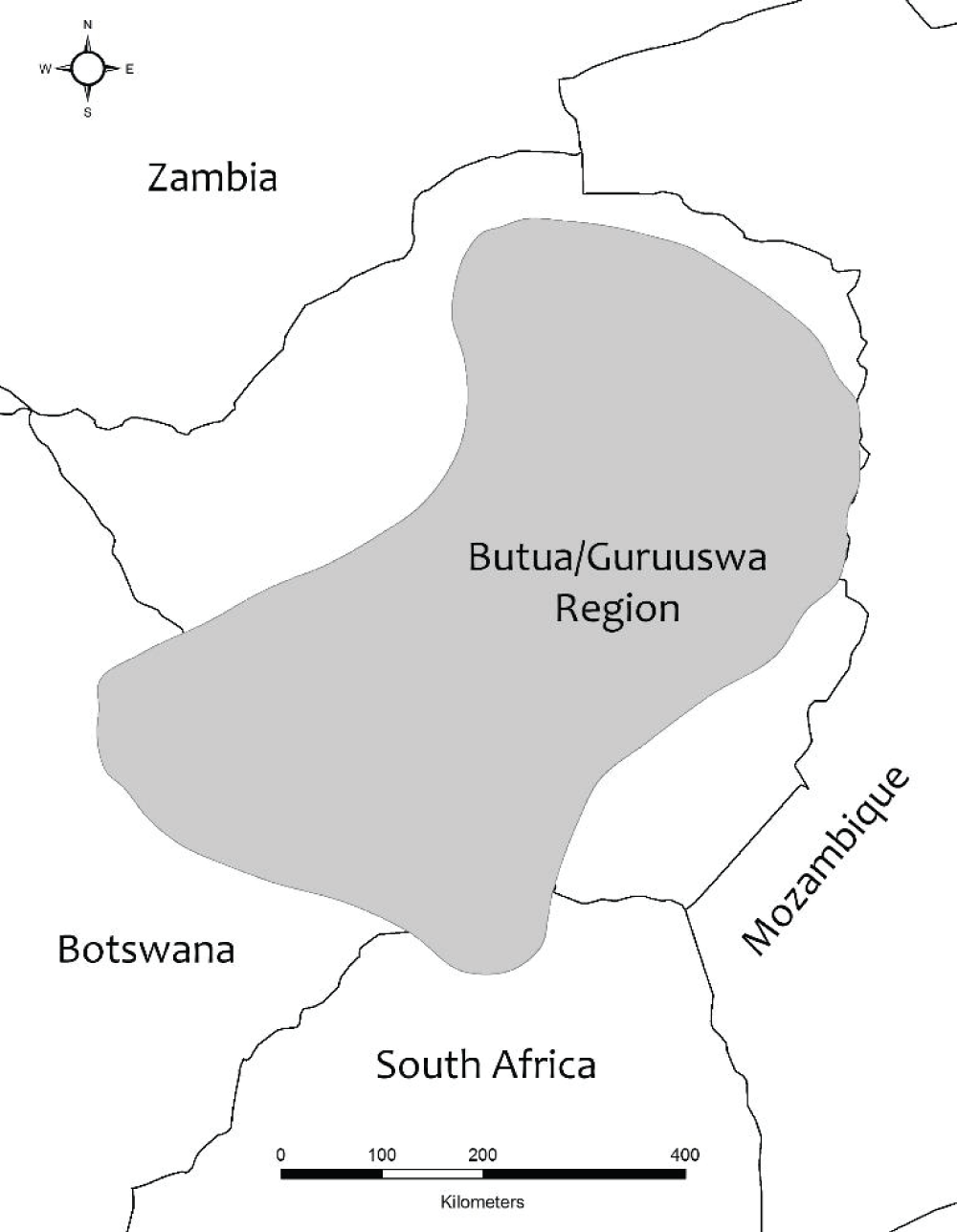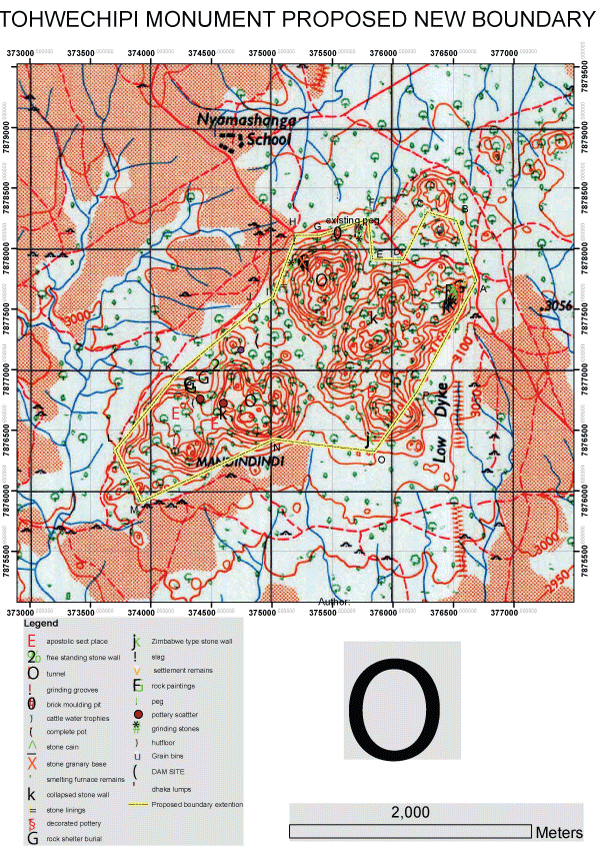Indigenous Environmental Resilience: Decoding Ancient Rozvi Wisdom on Mountain Ecosystems as Disaster Management Solutions
Indigenous Environmental Resilience: Uncovering Rozvi Wisdom in Disaster Management
Ancient Indigenous knowledge offers valuable lessons in environmental resilience and disaster management, particularly in the context of today’s climate challenges. Lesley Hatipone Machiridza’s research on Rozvi wisdom, highlighted in the recent IgMin Research article, delves into traditional Rozvi narratives and practices to reveal how they managed ecosystems sustainably. This post explores insights from the article on the Rozvi people’s holistic approach to mountain ecosystems as natural defenses, with a focus on community resilience and environmental stewardship.
Indigenous Knowledge Systems and the “Sense of Place”
The Rozvi people held a deep, spiritual connection with the land, treating it not just as a resource but as a living part of their identity. This “sense of place” is embedded in various cultural practices, legends, and spiritual beliefs. Machiridza explains that sacred sites like Manyanga Hill, Mavangwe, and Mutikwiri Mountain were integral to Rozvi cosmology, symbolizing a harmonious human-nature relationship that provided natural disaster resilience.
- Community-Centric Disaster Management
- The Rozvi used Indigenous Knowledge Systems (IKS) to protect mountain ecosystems, employing traditional wisdom passed down generations to prevent environmental degradation.
- These ecosystems were seen as sacred and governed by taboos and folklore that prohibited over-exploitation, acting as a natural regulatory framework.
- Sacred Mountains as Natural Defenses
- Machiridza’s research underscores the importance of sacred mountains in Rozvi culture. Mountains like MunwewaMwari and Bepe Hill were protected as ancestral sites, which served as both spiritual sanctuaries and protective barriers.
- By establishing sacred zones, the Rozvi safeguarded these areas against deforestation and mining, preserving biodiversity and natural resources vital for resilience.
- Restoring Indigenous Environmental Practices
- The study suggests a shift back to Indigenous practices can support modern environmental efforts. Embracing IKS provides a sustainable model for resource management and disaster preparedness, critical for today’s climate challenges.
- The Rozvi’s knowledge, based on stewardship and intergenerational accountability, aligns with the decolonial push for integrating Indigenous approaches in climate action.
Conclusion: Reclaiming Indigenous Knowledge in Modern Resilience Efforts
Machiridza’s research invites a fresh perspective on disaster management by reviving Indigenous environmental principles that prioritize long-term, holistic approaches. The Rozvi demonstrate that combining cultural identity with ecological responsibility fosters a strong sense of place, offering lessons for contemporary climate resilience strategies.
For more insights, access the full text on IgMin Research or DOI: 10.61927/igmin130.
Tags:
Indigenous Knowledge Systems, Rozvi Wisdom, Environmental Resilience, Disaster Management, Sacred Ecosystems, Decolonial Climate Action, IgMin Research

Locational Map of core Rozvi territories and associated expansions.

Map showing cultural finds around Mavangwe, MunwewaMwari and Bepe Hills.
